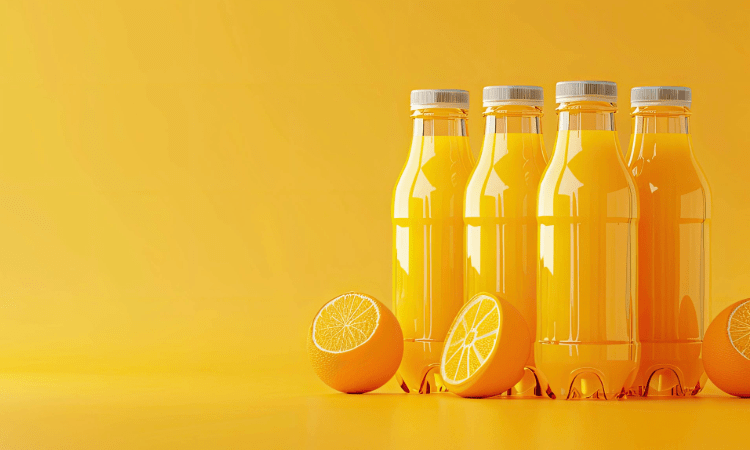
BLOG
KATEGORİDEKİ DİĞER YAZILAR

Soft drinks appeal to consumers of all ages with their refreshing effect, practical consumption and wide product range. However, these products should be closely monitored for ingredient safety as well as taste and aroma. A food control laboratory uses scientific methods to assess whether soft drinks comply with the legislation and whether they pose a health risk.
The production and content of soft drinks are regulated by the Turkish Food Codex Communiqué on Soft Drinks. This legislation clearly specifies the additives that can be used according to the class of beverage, permitted flavors and colorings, sweetener limits and labeling rules.
For example, caffeine amounts above a certain level in carbonated beverages must be indicated separately on the label. The term “sugar-free” can only be used when the sugar content is below a certain level. These details directly affect both legal compliance and consumer information.
The main analyzes performed on soft drinks are aimed at verifying the composition and safety of the product. Additives such as sweeteners (aspartame, acesulfame K), preservatives (sodium benzoate, potassium sorbate) and colorants are quantified with highly sensitive devices. Quality parameters such as pH, sugar content (Brix), caffeine content and microbiological load are also regularly monitored.
In some product groups, special analyzes such as migration of substances from packaging or the presence of heavy metals in drinking water may also be required.
Although drinks containing sweeteners may seem like a good option to reduce sugar intake, they may have metabolic effects in some sensitive individuals. Products with high caffeine content should be consumed with caution by children and pregnant women. In addition, some beverages containing colorants have been associated with behavioral effects, especially in children.
Therefore, it is critical for consumer health that ingredients both comply with legislation and are formulated with dosage control.
Soft drinks are one of the product groups that use the most additives in their production. Therefore, ingredient controls, legal assessments and health risk analyses must be carried out by specialized laboratories.
Contact us for more information.
You can follow us on LinkedIn for up-to-date news and posts about our services.
Follow our Instagram account to be informed about our latest blog posts.